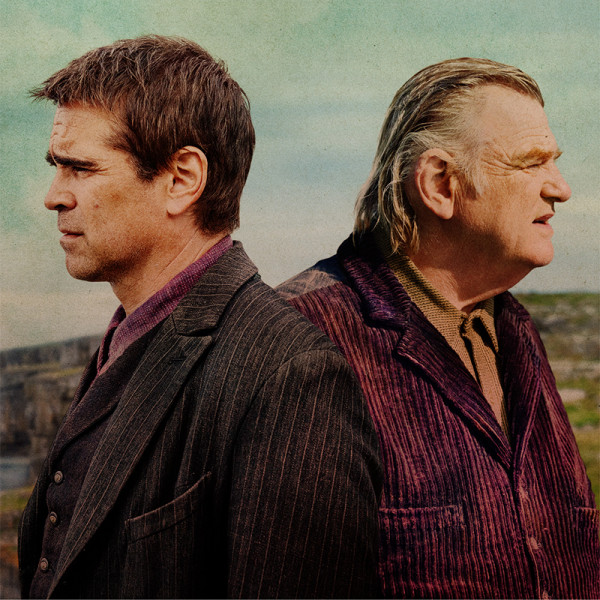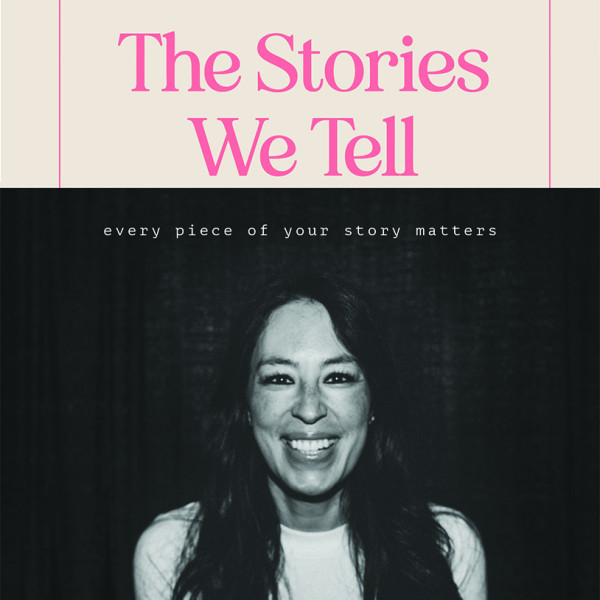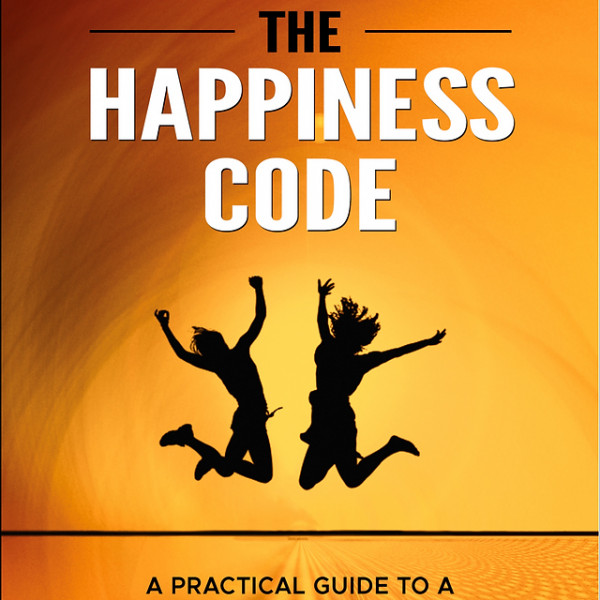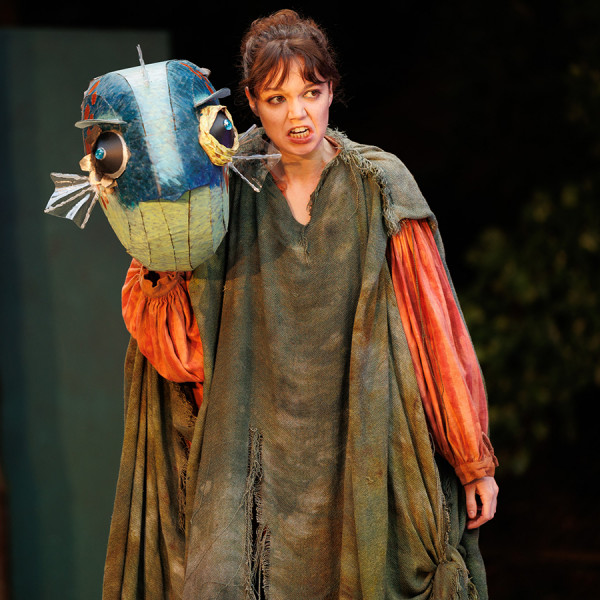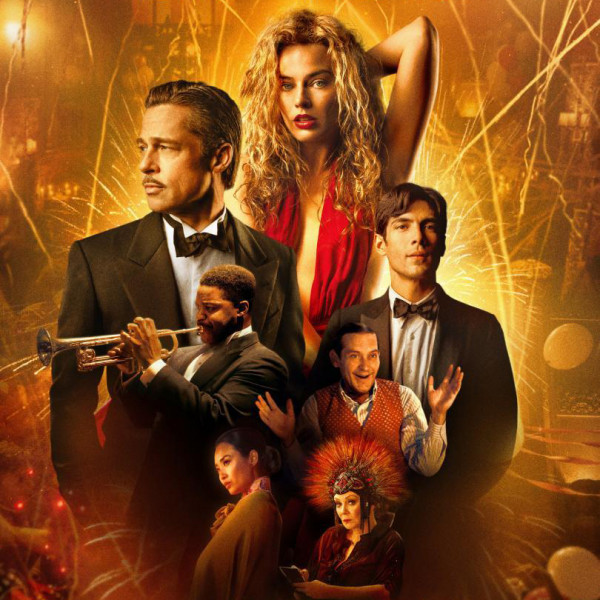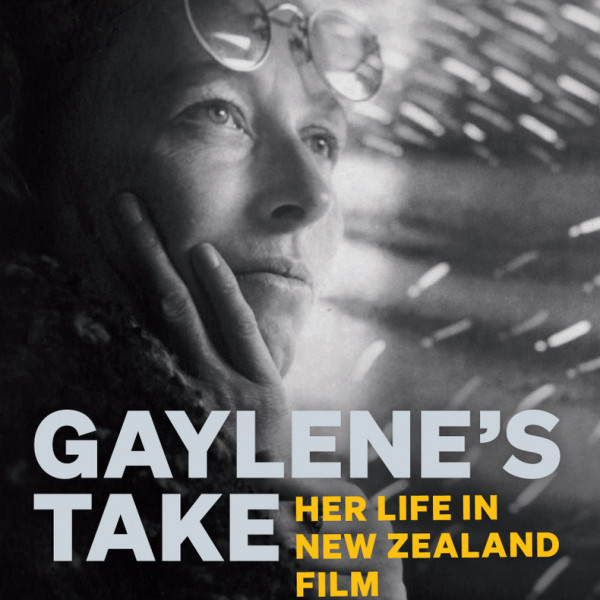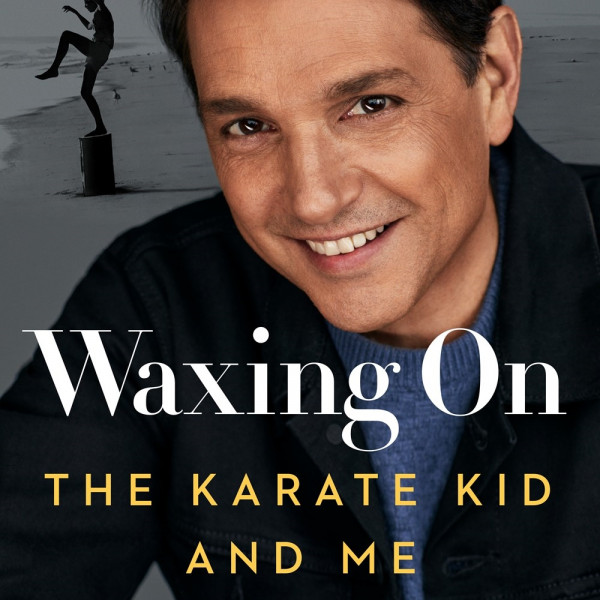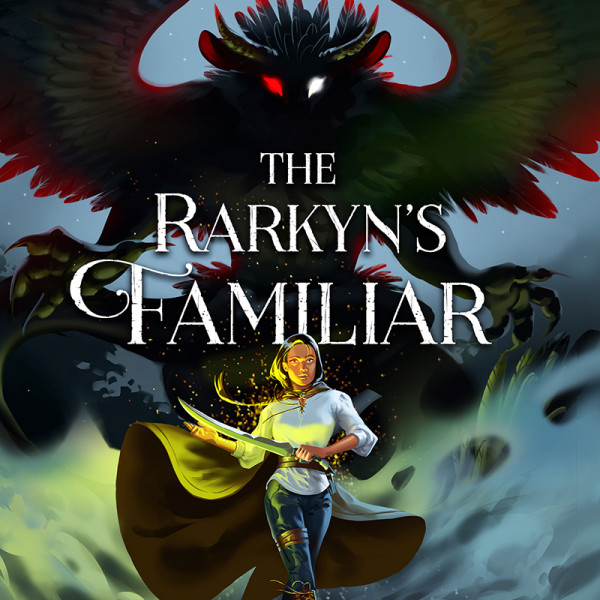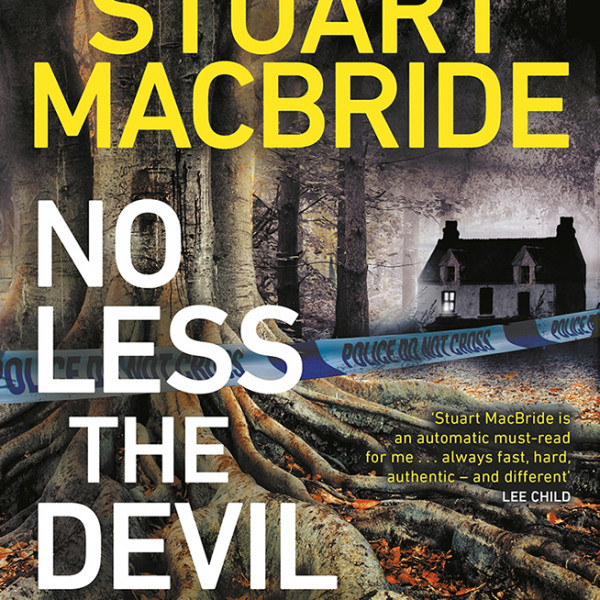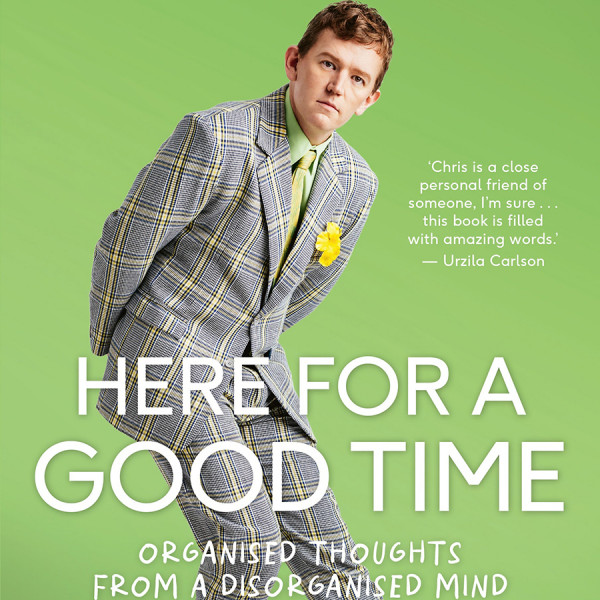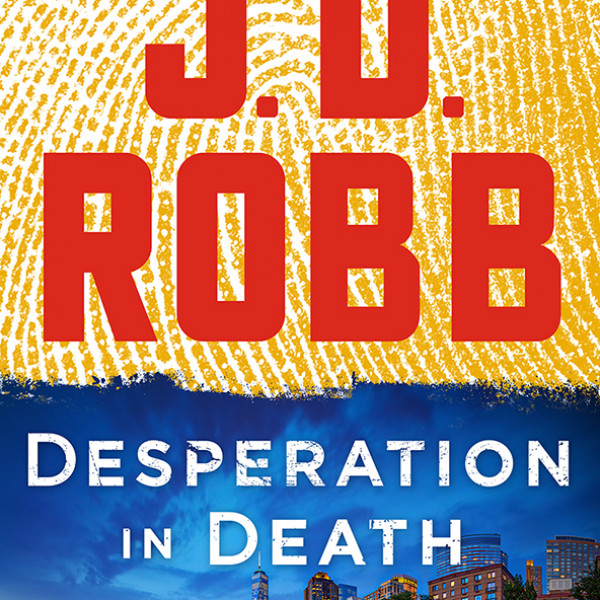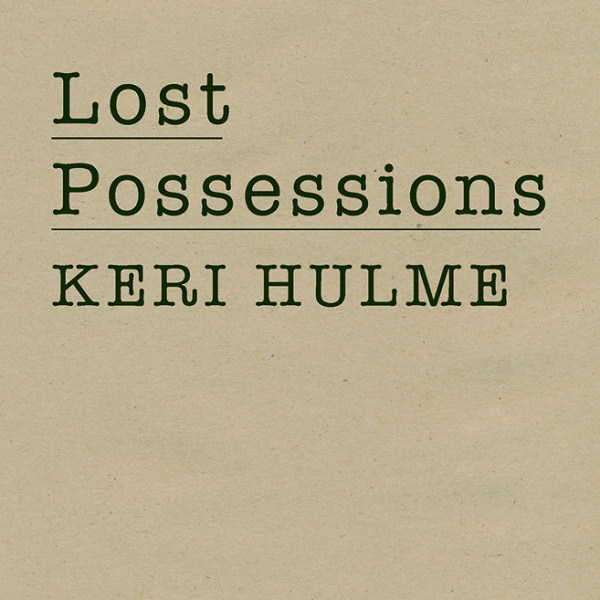
A warm, weird, and wacky welcome to the pure chaos of the Fringe season, The Big HOO-HA! is a competitive improv show originally founded in Perth some 20 years ago. It’s had great success in Melbourne and now, hopefully, Pōneke. By hopefully, I mean that it must stay here forever. I simply insist.
Our host Jennifer O’Sullivan introduces us to two teams: Hearts (Megan Connolly, Jed Davies, and Guanny Liu-Prosee) and Bones (Elliott Lam, Tara McEntee, and Malcolm Morrison). With the adept assistance of Matt Hutton on live keyboards (plural!), Sam Irwin on real-time lighting design, and Matt Powell on scorekeeping, the teams face off in a battle for glory by competing in timed rounds that feature various popular improv games. Challenges span storytelling, direction, narration, songwriting, muffin incorporation, and much more. Everything you see onstage is made up on the spot.
Group improv is, first and foremost, a team sport. You can be the wittiest, speediest, sharpest tool in the shed – and each one of these cast members is just that – but it doesn’t mean anything if you can’t collaborate, share the spotlight, and (to throw in an improv buzz phrase,) accept offers. Friday night’s Big HOO-HAA! players work beautifully together and there is a palpable camaraderie not just within the teams, but between them too. This results in a wild night of unbridled joy, silliness, and, of course, laughter.
Now for the highlights! Davies’ deliciously macabre delivery of 99 percent of his offers complements my favourite character of the night: McEntee’s Suspicious Moon, who turns out to be quite the perve in an encore appearance. Moon is made all the more ~suspicious~ by a great collaboration between Irwin and Hutton. Lam and Connolly write an absolute banger: Cry on my Face. O’Sullivan – who is generally a very charming riot – keeps mispronouncing Powell’s brilliant pun about bran muffins and Banksy (‘branksy’). Liu-Prosee takes a turn as a tiger hunter in possession of the famed, highly illegal ‘master bullet’, while Morrison’s wickedly disturbing tooth fairy sets… my teeth on edge. Sorry.
A big hoorah for The Big HOO-HAA!




